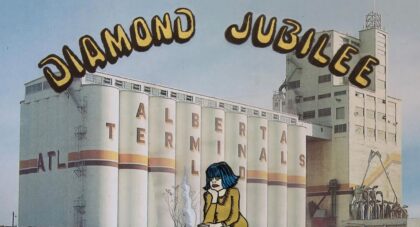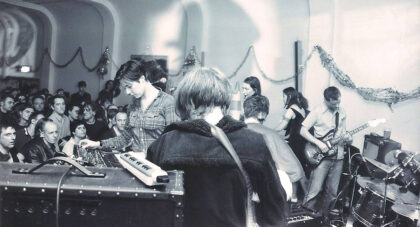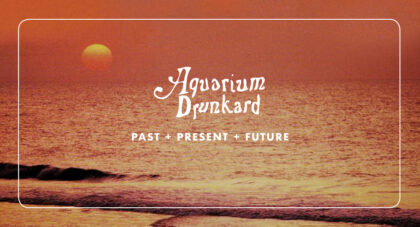Charles Manson has always been cloaked and hidden in music, and if not music, then at least the counterculture that swirls around it. Manson and his Family have, since their inception upon his release from McNeil Island in 1967 and subsequent move to the Bay Area, associated themselves with the counterculture in general and the musical counterculture in particular. As Bono alludes to in Rattle and Hum, he re-stamped the proto-punk of the Beatles’ “Helter Skelter”
Only the good shit. Aquarium Drunkard is powered by its patrons. Keep the servers humming and help us continue doing it by pledging your support.
To continue reading, become a member or log in.


